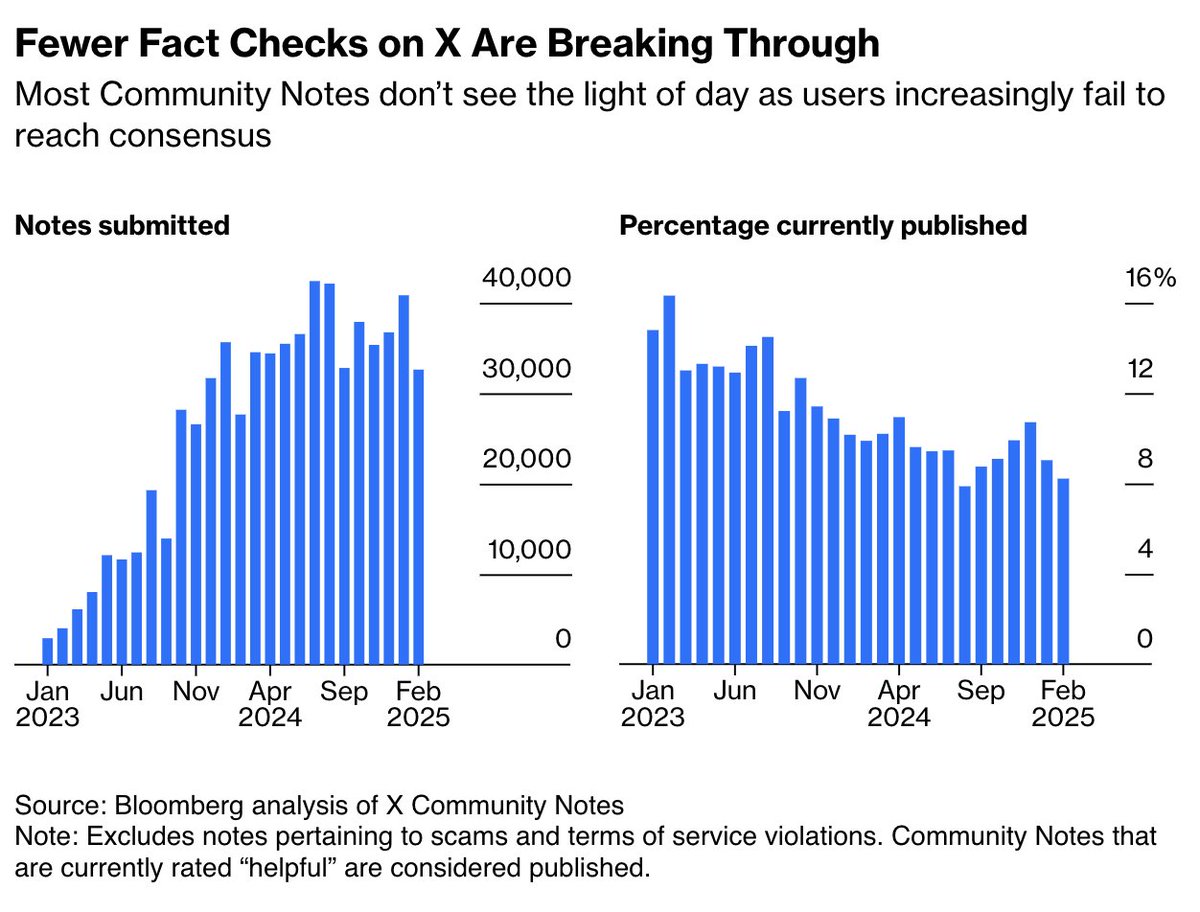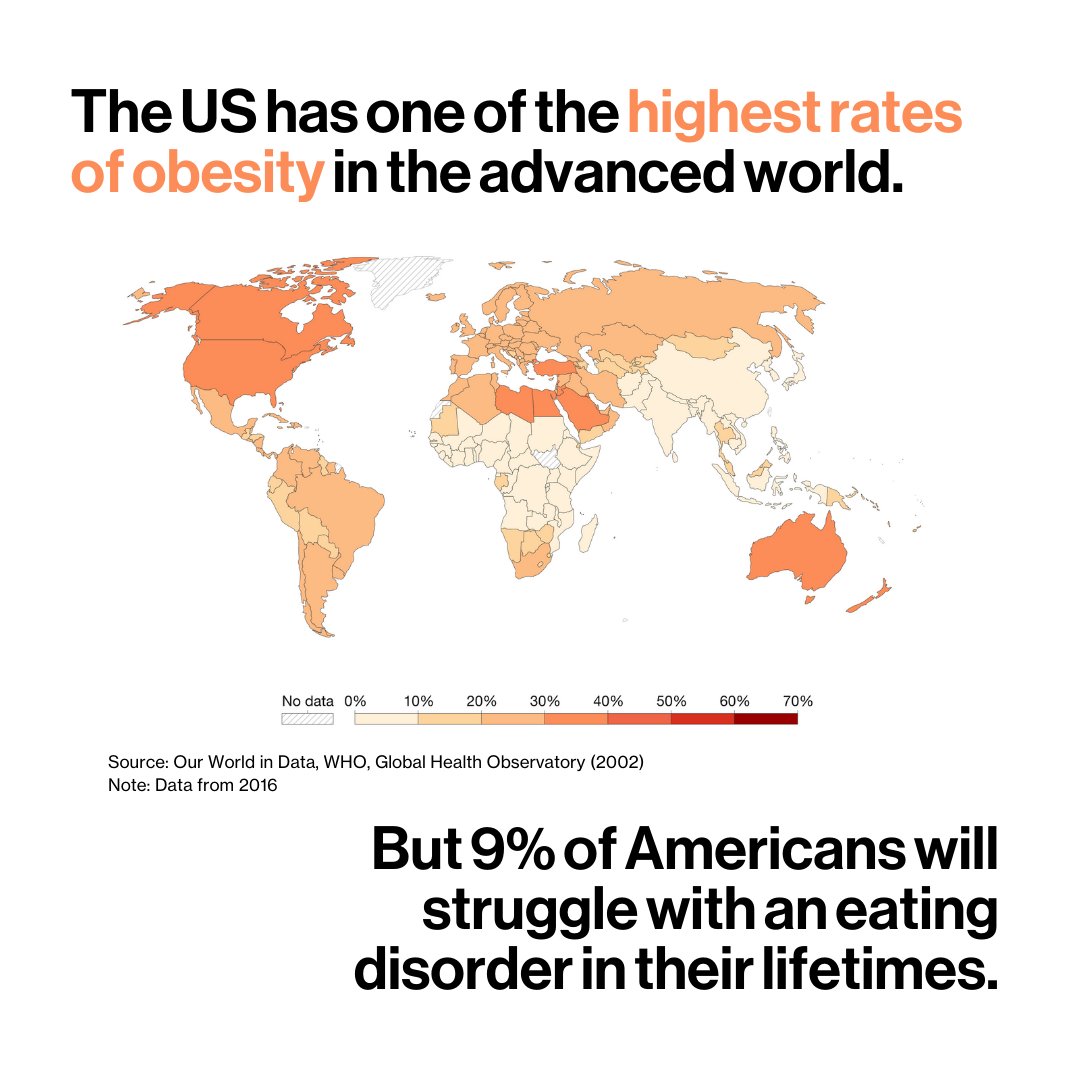Rising real-estate prices are stoking fears that the American dream of homeownership is slipping out of reach for low- and moderate-income Americans.
That may be so — but a nation of renters is not something to fear trib.al/yh67cog
That may be so — but a nation of renters is not something to fear trib.al/yh67cog
The numbers paint a stark picture.
After peaking at 69% in 2004, the homeownership rate fell every year until 2016, when it was 64.3%. The rate rebounded in Trump’s presidency, hitting 66% in 2020, but that trend may be short-lived (📊 via @stlouisfed) trib.al/yh67cog
After peaking at 69% in 2004, the homeownership rate fell every year until 2016, when it was 64.3%. The rate rebounded in Trump’s presidency, hitting 66% in 2020, but that trend may be short-lived (📊 via @stlouisfed) trib.al/yh67cog

This process is painful, but it’s not all bad.
Slowly but surely, most Americans’ single biggest asset — their home — is becoming more liquid. Call it the liquefaction of the U.S. housing market trib.al/yh67cog
Slowly but surely, most Americans’ single biggest asset — their home — is becoming more liquid. Call it the liquefaction of the U.S. housing market trib.al/yh67cog

Single-family homes have historically been an extremely illiquid asset:
🏡 Appraisals have to be made on an individual basis
🏡 Mispriced homes sit on the market for months waiting for a potential buyer — only for that buyer’s financing to fall through trib.al/yh67cog
🏡 Appraisals have to be made on an individual basis
🏡 Mispriced homes sit on the market for months waiting for a potential buyer — only for that buyer’s financing to fall through trib.al/yh67cog

Liquid assets, like publicly traded stocks, earn a liquidity premium.
The more liquid an asset, the higher that premium goes. On the flip side, stocks can see their prices collapse when investors get spooked and withdraw their cash from the market trib.al/yh67cog
The more liquid an asset, the higher that premium goes. On the flip side, stocks can see their prices collapse when investors get spooked and withdraw their cash from the market trib.al/yh67cog
Houses have typically traded with very little liquidity premium.
That meant a relatively low purchase price compared to what it would cost to rent — the equivalent of the dividend from housing investment — and stable prices over time trib.al/yh67cog
That meant a relatively low purchase price compared to what it would cost to rent — the equivalent of the dividend from housing investment — and stable prices over time trib.al/yh67cog

These two factors made houses a good investment for moderate-income families who often lacked the cash and the risk tolerance for market investments.
As investments went, single-family homes were cheap and slowly grew in value in both good times and bad trib.al/yh67cog
As investments went, single-family homes were cheap and slowly grew in value in both good times and bad trib.al/yh67cog

In the early 21st century, automated appraisals and mortgage underwriting began to change that.
Combined with the repackaging of subprime loans into CDOs, they created a far more liquid market for housing. Housing prices soared — and became more sensitive trib.al/yh67cog
Combined with the repackaging of subprime loans into CDOs, they created a far more liquid market for housing. Housing prices soared — and became more sensitive trib.al/yh67cog

When investors pulled out of CDOs, buyer financing dried up and the whole housing market crashed.
It may have seemed at the time like a failed experiment. But financialization had changed the housing market forever trib.al/yh67cog
It may have seemed at the time like a failed experiment. But financialization had changed the housing market forever trib.al/yh67cog

Houses are now more prone to be priced high relative to rents, and to see their prices fluctuate with the market.
The very features that made home buying an affordable and stable investment are coming to an end trib.al/yh67cog
The very features that made home buying an affordable and stable investment are coming to an end trib.al/yh67cog

But the illiquidity that made houses a safe investment also made America less dynamic.
Homeowners in coastal areas are reluctant to agree to change. The result is less development and sky-high rents for any residents not lucky enough to own their own home trib.al/yh67cog
Homeowners in coastal areas are reluctant to agree to change. The result is less development and sky-high rents for any residents not lucky enough to own their own home trib.al/yh67cog

As more institutional investors enter the housing market, the incentives begin to shift.
Large investors can expand or redevelop their properties themselves, because they benefit from a greater number of overall tenants, even if rents themselves dip trib.al/yh67cog
Large investors can expand or redevelop their properties themselves, because they benefit from a greater number of overall tenants, even if rents themselves dip trib.al/yh67cog

A nation of renters could lead to a world where decisions are driven by personal preferences and life-cycle demands:
🌆Young workers might prefer the excitement of a city
🏠A couple starting a family could reunite with their parents in a small town trib.al/yh67cog
🌆Young workers might prefer the excitement of a city
🏠A couple starting a family could reunite with their parents in a small town trib.al/yh67cog

The U.S. is not quite there yet, and not just because too many people are chasing too few apartments.
To see the U.S. as a nation of renters requires a revision of the American dream of homeownership trib.al/yh67cog
To see the U.S. as a nation of renters requires a revision of the American dream of homeownership trib.al/yh67cog

• • •
Missing some Tweet in this thread? You can try to
force a refresh














